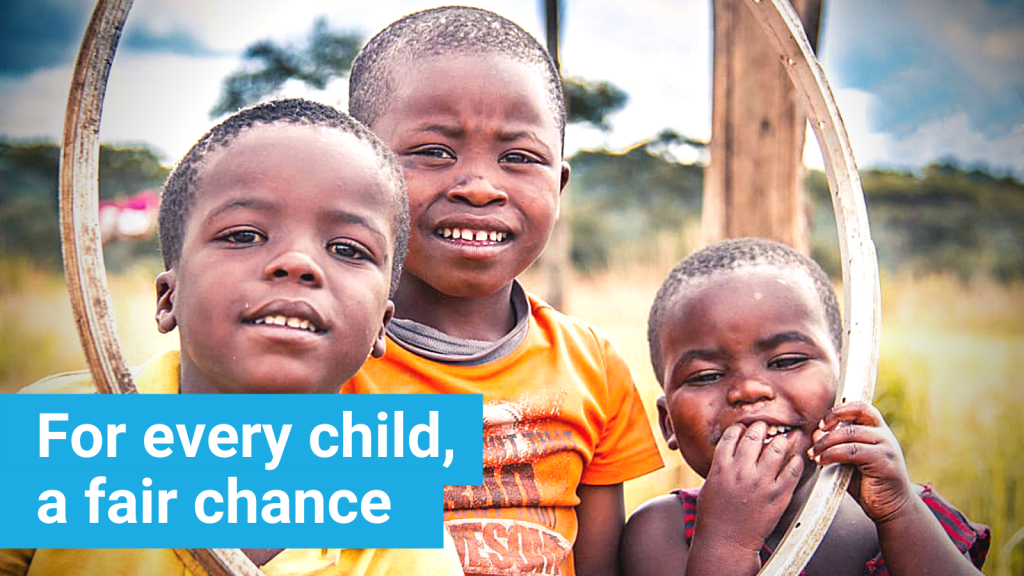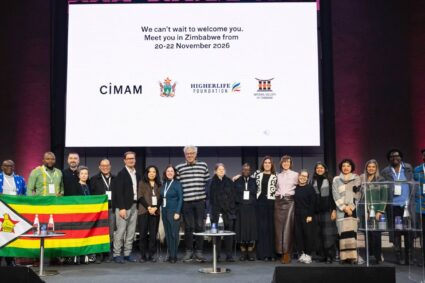The United Nations Committee on the Rights of the Child has explicitly affirmed children’s right to a clean, healthy, and sustainable environment by issuing United Nations Convention on the Rights of the Child General Comment No. 26 which is a comprehensive interpretation of Member States’ obligations under the United Nations Convention on the Rights of the Child (UNCRC).
The UN Committee on the Rights of the Child General Comment No. 26 calls on Member States to take action to preserve the environment for the betterment of the lives of children.
This Convention adopted in 1989 and ratified by 196 states – including Zimbabwe – outlines universal children’s rights such as life, survival, and development. A UNCRC General Comment provides guidance on what these rights imply for a specific issue or area of legislation. The now-published “General Comment No. 26 on children’s rights and the environment with a special focus on climate change” explicitly addresses the climate emergency, the collapse of biodiversity, and pervasive pollution, outlining countermeasures to protect children.
General Comment No. 26 specifies that States are responsible not only for protecting children’s rights from immediate harm but also for future violations of their rights due to States’ actions or inaction today. Particular attention is to be paid to the disproportionate harm faced by children in disadvantaged situations, leaving no child and no place behind.
The UNCRC General Comment No.26 states that children’s views must be considered in environmental decision-making and stresses the critical role of climate and environmental education in preparing children to take action, advocate, and protect themselves from environmental harm.
Zimbabwe’s emblematic legislative policy instruments reflect our regard and priority on children’s rights – and their needs – in the critical climate change blueprints including the National Climate Policy and its child-friendly version, revised Nationally Determined Contributions and its Implementation Plan as well as the draft National Adaptation Plan. The Government of Zimbabwe ensures that the voices of children and young people are captured in the climate change debate and the country’s position towards the annual Conference of Parties to the United Nations Framework Convention on Climate Change (UNFCCC).
At the Africa Climate Summit held in Nairobi in September 2023, Zimbabwe reiterated its commitment to intensify adaptation efforts such as early warnings and disaster risk reduction, climate-proofing infrastructure, sustainable water management, and climate-smart agriculture for food and nutrition security.



